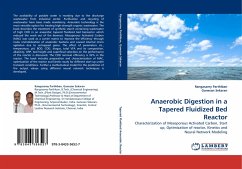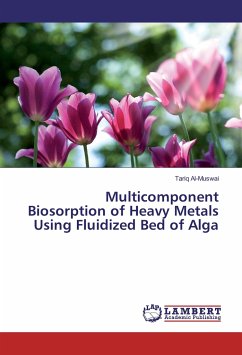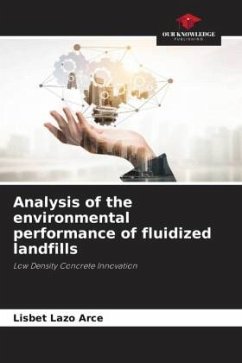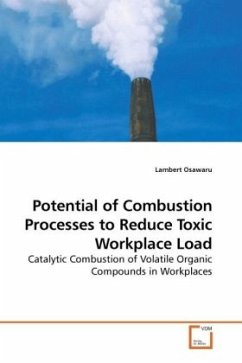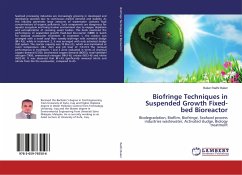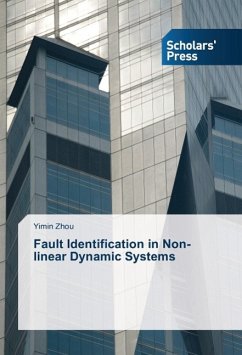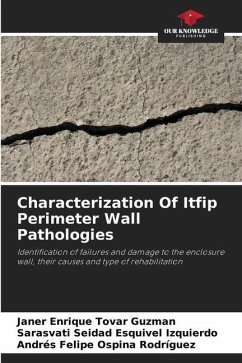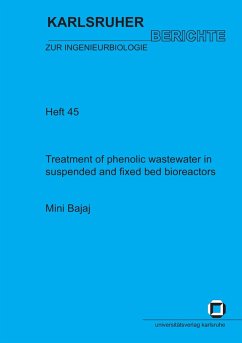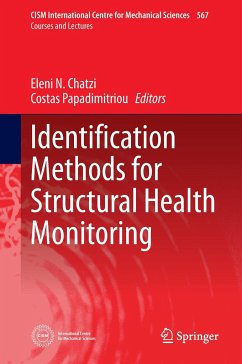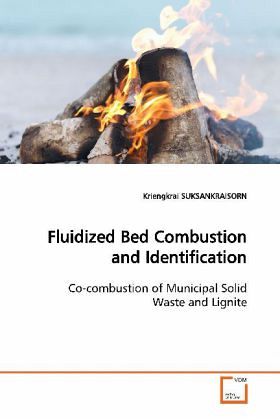
Fluidized Bed Combustion and Identification
Co-combustion of Municipal Solid Waste and Lignite
Versandkostenfrei!
Versandfertig in 6-10 Tagen
52,99 €
inkl. MwSt.

PAYBACK Punkte
26 °P sammeln!
The disposal of municipal solid waste (MWS) is a growing problem worldwide because of the increasing volume of the waste and the negative impact on the environment, health and safety. Among the combustion and incineration technologies, fluidizedbed combustion is becoming more popular because of its ability to handle a variety of waste and advantages in controlling emission. However,inthe high moisture content wastes with lowcalorific value, co-firing wastes with asupplementary fuel such as coal is being tried in many industrial and utility boilers. In order to ensure that these co-firing facil...
The disposal of municipal solid waste (MWS) is a
growing problem worldwide because of the increasing
volume of the waste and the negative impact on the
environment, health and safety. Among the combustion
and incineration technologies, fluidized
bed combustion is becoming more popular because of
its ability to handle a variety of waste and
advantages in controlling emission. However,in
the high moisture content wastes with low
calorific value, co-firing wastes with a
supplementary fuel such as coal is being tried in
many industrial and utility boilers. In order to
ensure that these co-firing facilities are properly
designed and operated, a fundamental understanding
of the co-combustion phenomena including its
dynamical characteristics must be established. It
is for this reason a basic study on the co-
combustion of MSW and lignite in a fluidized bed is
proposed. The objectives of this book are to
investigate the effect of main operating parameters
on combustion characteristics, to quantify the
fluctuating characteristics during steady-state
operation using statistical analysis and to create
a linear model obtained from input-output analysis.
growing problem worldwide because of the increasing
volume of the waste and the negative impact on the
environment, health and safety. Among the combustion
and incineration technologies, fluidized
bed combustion is becoming more popular because of
its ability to handle a variety of waste and
advantages in controlling emission. However,in
the high moisture content wastes with low
calorific value, co-firing wastes with a
supplementary fuel such as coal is being tried in
many industrial and utility boilers. In order to
ensure that these co-firing facilities are properly
designed and operated, a fundamental understanding
of the co-combustion phenomena including its
dynamical characteristics must be established. It
is for this reason a basic study on the co-
combustion of MSW and lignite in a fluidized bed is
proposed. The objectives of this book are to
investigate the effect of main operating parameters
on combustion characteristics, to quantify the
fluctuating characteristics during steady-state
operation using statistical analysis and to create
a linear model obtained from input-output analysis.




